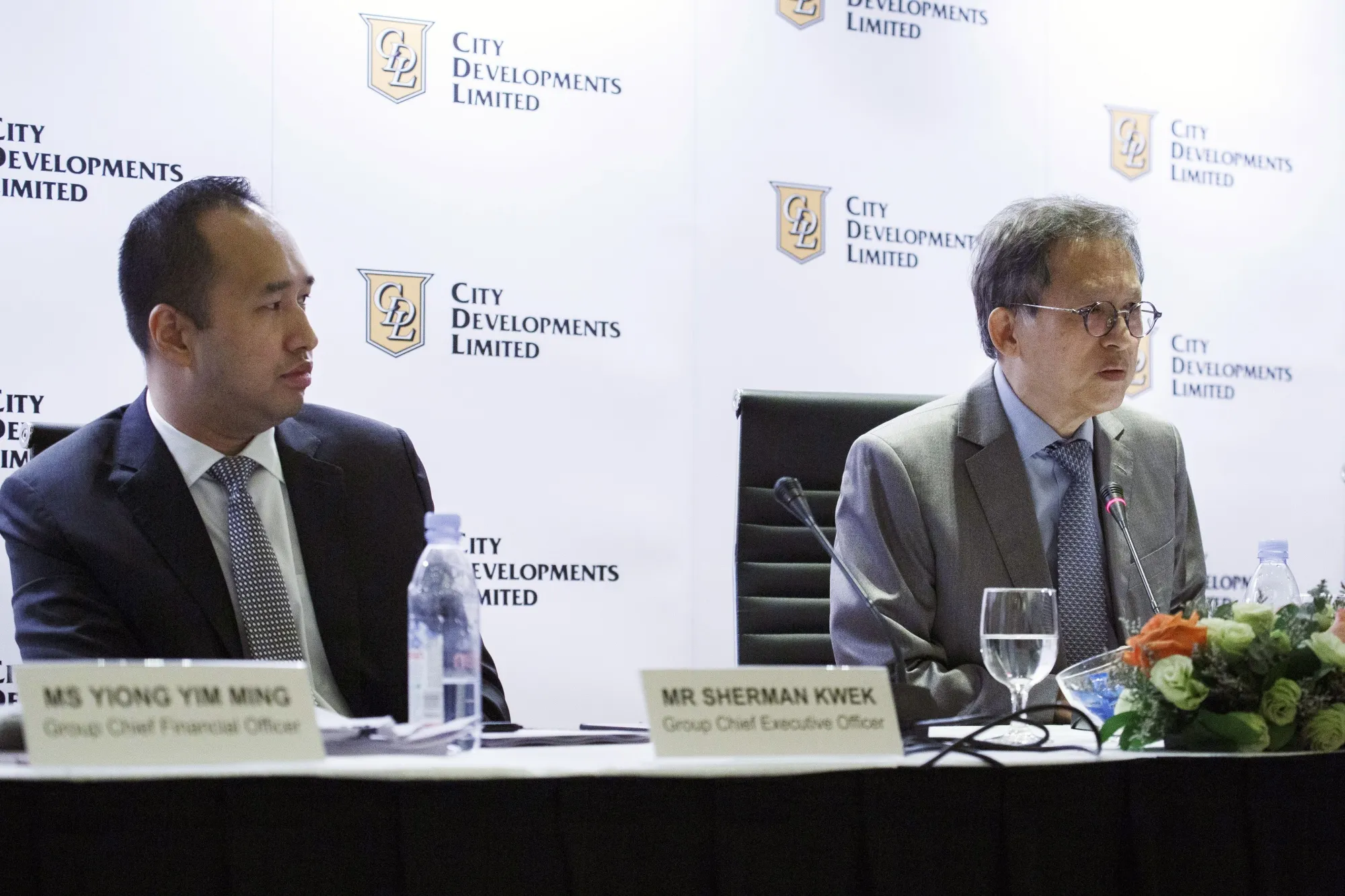Skepticism Afoot as Anti-Vax Kennedy Reshuffles CDC Advisory Board
There is increasing concern among several experts about the technical expertise of the newly appointed members of an important board in the health sector. Earlier this week, the Health and Human Services (HHS) Secretary, Robert F. Kennedy Jr., who has previously been criticized for his anti-vaccine views, replaced all 17 members of the advisory board at the Centers for Disease Control and Prevention (CDC) that focuses specifically on immunization procedures. The newly appointed members have raised some eyebrows due to their known skepticism towards vaccinations.
On Monday, Kennedy made a sweeping change, dismissing every member of the prior Advisory Committee on Immunization Practices (ACIP). Justifying this move in an editorial published in the Wall Street Journal, he cited the need to restore the public’s trust in vaccine science. However, one cannot ignore significant data: a recent poll conducted by Quinnipiac University demonstrated that Kennedy’s performance as the HHS Secretary has only managed to gain the approval of 38 percent of voters, while more than half expressed their disapproval.
The same poll revealed that merely 5 percent of voters consider Kennedy’s guidance trustworthy when it comes to vaccination decisions for themselves or their families. It was on Wednesday that Kennedy officially declared the names of the eight individuals who were to replace the previously dismissed members on the ACIP. He lauded these individuals for their dedication to evidence-based medicine, high-quality scientific methods, and practical judgment.
In his announcement regarding the new appointments, Kennedy highlighted that each appointee has guaranteed their commitment to definitive safety and efficacy before making any new recommendations regarding vaccines. However, a certain skepticism towards these selections has emerged among several health professionals. A common concern relates to the past records and public stands of a few among the selected individuals.
Included in Kennedy’s selection is Martin Kulldorff, an epidemiologist, and biostatistician notable for coauthoring the controversial Great Barrington Declaration. This document, rather than supporting stay-at-home orders and other preventative action against the coronavirus pandemic, advocated for the concept of ‘natural herd immunity’. It has been noted and criticized that at the time of publication, this document had neither been validated through scientific scrutiny nor reviewed by peers.
Also selected for the ACIP board by Kennedy was biochemist Robert Malone who has disseminated incorrect information and conspiracy theories related to the pandemic. For example, he falsely alleged that COVID-19 vaccines were ineffective. More recently, he controversially claimed that a young 8-year-old who tragically succumbed to measles in Texas, actually lost their life as a result of a septic condition, further feeding into the ongoing anti-vaccination sentiments.
The past year has witnessed multiple measles outbreaks, resulting in over 1,000 infections across the nation. In this context, many critics sharply criticize Kennedy’s complete restructuring of the ACIP board along with its new appointments. They feel that this move has only weakened the medical community’s trust in the advisory board and is counterproductive in efforts to restore public trust.
Former ACIP committee member, Paul Offit, expressed his disbelief at the irony of Kennedy’s decision. Rather than rebuilding public trust as claimed, he argues, Kennedy has ended up eroding the confidence of the medical community in the ACIP. Several medical professionals are now wondering about the possibility of forming an independent vaccine advisory committee that can maintain credibility and function with integrity.
Additional concerns have been raised by experts regarding the technical competence of the new appointees. Abram Wagner, an associate at the University of Michigan’s school of public health, remarked on the vast disparity between the old and new members of the ACIP board. The old team was composed of technical experts with a deep understanding of vaccines, while the new members appear to lack the same technical know-how required to comprehend complex scientific data and make informed decisions based on it.
Another expert, Dorit Reiss, a professor at the University of California, San Francisco specializing in vaccine policy, has also voiced strong concerns about Kennedy’s recent appointees to the ACIP board. In her view, the new panel lacks individuals with robust, up-to-date expertise in vaccines. This major shift in the ACIP board composition, according to her, indicates a potential embrace of a more skeptical stance on vaccines or even an anti-vaccine agenda.

